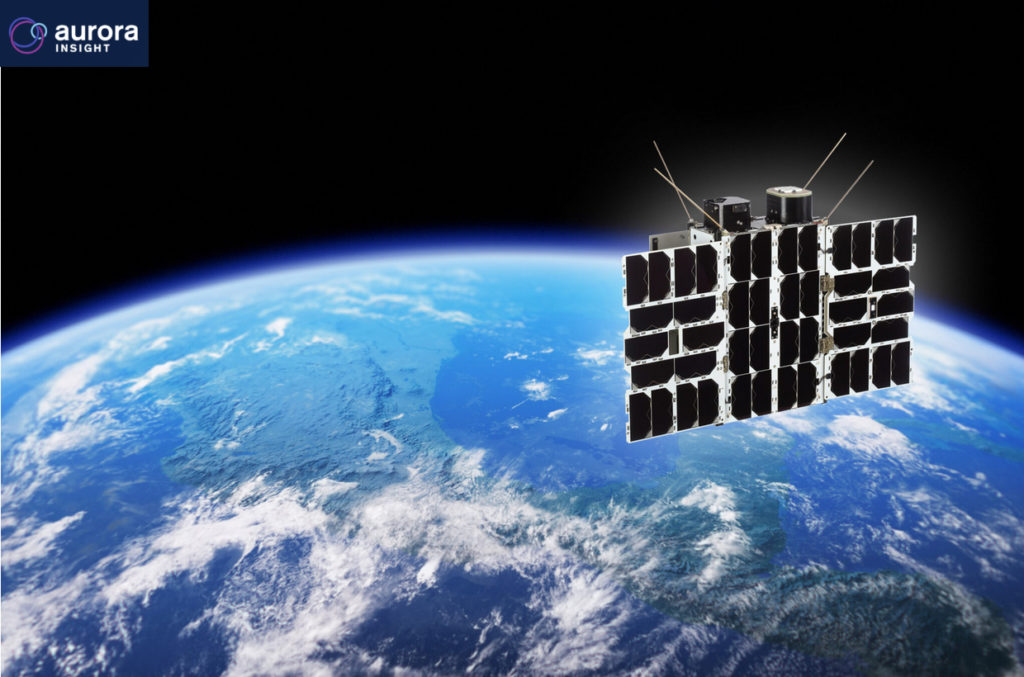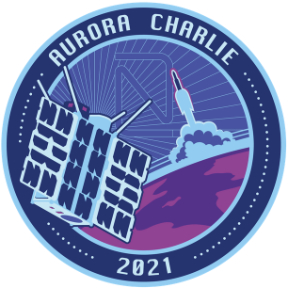
Aurora Insight is scheduled to launch its second, satellite-based. radio frequency spectrum sensor on SpaceX’s Transporter-1, on Friday, January 22nd from Cape Canaveral, Florida.
The launch is a part of SpaceX’s dedicated rideshare mission on the Falcon 9 rocket and will be broadcast live at www.spacex.com/launches. Aurora will host a special live stream discussion event on the morning of the launch, and details can be found at www.aurorainsight.com/charlie. Launching the satellite-based radio frequency spectrum sensor will unlock new opportunities and answers about wireless spectrum — one of the most valuable resources in the digital economy.

Charlie is the first of a two-part satellite mission this quarter. Aurora Insight partnered with NanoAvionics, a leading nanosatellite bus manufacturer and mission integrator, to build and integrate two nanosatellites, as well as provide launch services. Both 6U smallsats are based on NanoAvionics’ standard M6P bus in a higher performance configuration, providing greater technical performance capabilities for Aurora’s radio frequency spectrum mission. The second satellite is also scheduled to launch in the first quarter of 2021.

Regarding the launch, Aurora Insight’s CEO Jennifer Alvarez explained, “This technology will provide Aurora Insight’s clients with an entirely new understanding of the RF spectrum environment, and we can shed light on the ambiguity that has surrounded it for years. The answers we uncover will help advance communications around the world and enable organizations to plan, invest, and move forward with a data-driven strategy.”
The satellite-based radio frequency spectrum sensor has unprecedented capabilities, including the ability to:
- Monitor the deployment and growth of terrestrial mobile networks
- Monitor the on-orbit radio frequency environmental performance to understand when and how ground-based transmissions affect satellite performance
- Identify sources of harmful interference to on-orbit assets
Traditional methods of measuring spectrum are usually ad hoc, limited in scale, outdated and offer poor visibility into the availability of wireless. Aurora has developed an autonomous sensor network, powered by machine learning and advanced radio signal processing, to continuously sample and render the full radio spectrum environment.
Aurora Insight offers accurate, impartial insights on the radio frequency spectrum to inform the next generation of wireless services. Through an autonomous sensor network and machine learning of radio signals, Aurora continuously samples and reports on the radio frequency spectrum, from licensed infrastructure to dynamic utilization, enabling the best use of this scarce commodity. Companies around the globe rely on Aurora Insight’s unmatched data to help analyze, predict, transform, and answer questions about the next generation of applications. Headquartered in Denver, Colorado, and funded by the country’s top innovation investors, Aurora Insight is pushing the boundaries to help advance global communication. The team is composed of data scientists, engineers, and industry veterans, who leverage a deep expertise and understanding of the challenges that face the communications industry.
